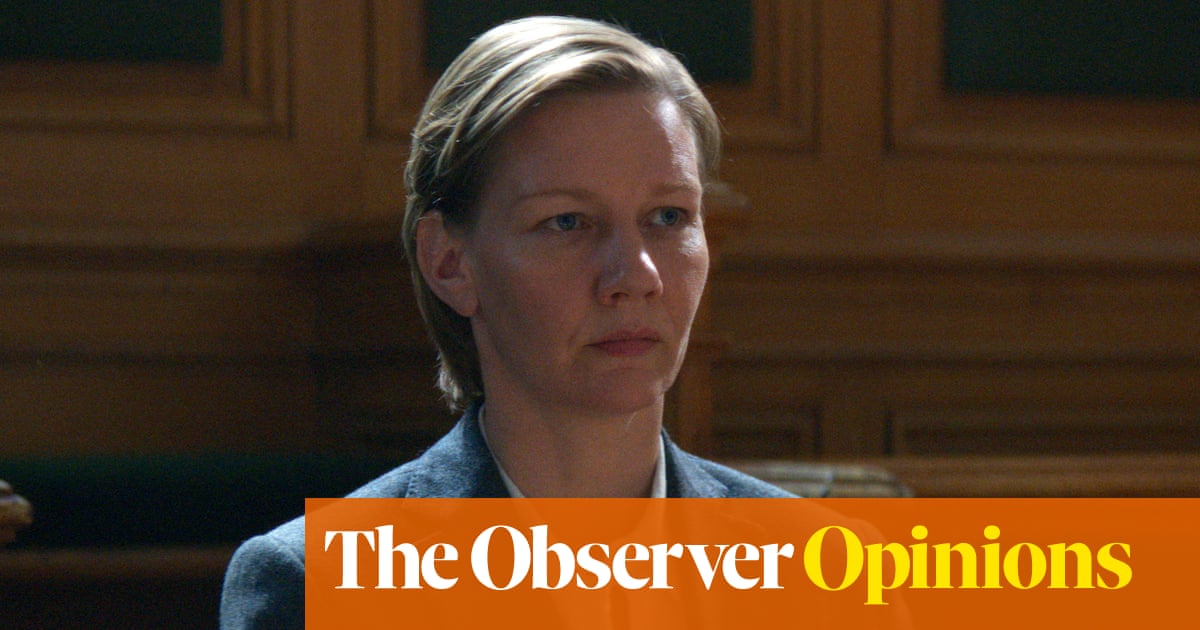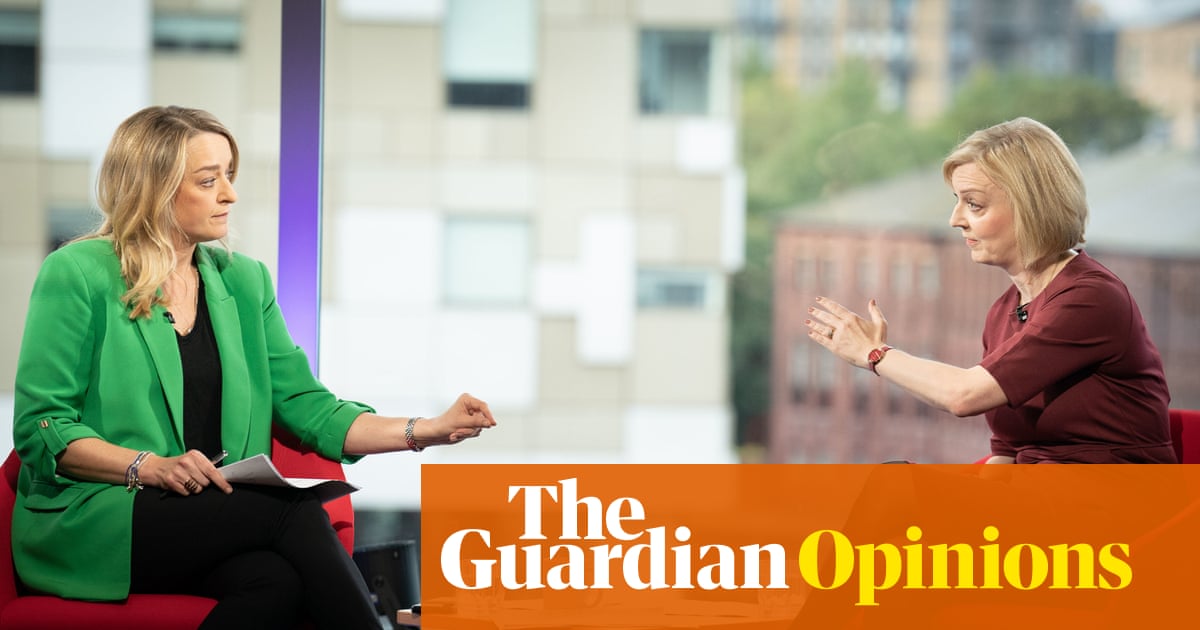
Speaking during an official visit to Washington on Thursday, British Foreign Secretary Liz Truss warned that the consequences of the Russian invasion of Ukraine are as serious for the world as those of 9/11, and said the UK and other Western nations are paying the price for years of failure to take action against Moscow.
The one practical suggestion that she highlighted was that all countries need to do more in terms of financing their defense capabilities. She argued that spending 2 percent of gross domestic product should now be considered a minimum target, pointing out that during the Cold War many countries were spending upward of 5 percent.
While her speech was aimed at an international audience, her primary motivation to shape this agenda was to make her mark as foreign secretary on UK foreign policy. This will build on the post-Brexit Global Britain strategic review last year.
It is now six decades since former US Secretary of State Dean Acheson famously said — at about the same time as Britain’s first application to join what was then called the European Community in 1962 — that the UK had lost an empire but not yet found a new role in the world. In the years that followed, the nation managed to find that role, with a strong, influential international voice powered by its twin alliances with Europe and the US.
However, 60 years later, UK foreign policy is once again in flux and the issue of a grand British strategy is a pressing, important one in 2022 — and not only because of Ukraine.
Firstly, the UK’s relationship with another great power, China, is also in flux as a result of the coronavirus pandemic, Beijing’s security clampdown in Hong Kong, and wider developments including the British government’s decision to exclude Huawei from the rollout of the country’s 5G network.
At the same time, the UK has completed its departure from the EU and its institutions, including the Single Market and the Customs Union, and a new, constructive partnership is gradually being formed that might be expedited by the Ukraine crisis. Meanwhile, after the “America first” focus of the Donald Trump presidency, Atlanticist Joe Biden is looking to reunify the Western alliance post-Trump and post-Brexit.
While the immediate focus might be on Russia, a proper strategy is needed across all of the UK’s key relationships, from China to the EU-27 and the US.
Andrew Hammond
The chief challenge facing Truss is that “Global Britain” is more of a slogan rather than a meaningful strategy for the UK’s future. At least since the 1998 strategic defense review, successive UK governments have failed to articulate a grand strategy, offering instead policies, plans and political direction with budget the driver of strategy, rather than the other way round. This is despite the creation in 2010 of the UK’s National Security Council.
In the past decade, in particular, this is widely seen to have resulted in foreign policy “drift.” Post-Brexit, and given events in Ukraine, there is an urgent need for greater strategic clarity, with several key areas of focus.
As Truss indicated, a top priority should be what exactly Global Britain means for the UK posture on China and Russia. Both are key nations and the UK will need to engage with them in the years ahead.
Regarding the Russian dimension, one of the key questions going forward will be how productive the UK’s post-Brexit relationship is with Brussels and the EU-27. While the UK’s 2019 EU withdrawal deal, and the 2020 UK-EU Trade and Cooperation agreement, have provided some definition of future ties, there is still much to be decided. The latter deal did not include defense and security collaboration, as had been originally foreseen and which will now be key post-Ukraine.
The UK’s future relationship with the US is also vital. While Biden has long been a friend of the British, including early support during the 1983 Falklands War against Argentina after initial diffidence from the Reagan administration, he was opposed to Brexit.
Amid speculation about how strong the personal bond will be between Biden and Conservative Prime Minister Boris Johnson, some UK policymakers have concerns about the enduring value of the UK to Washington now that it can no longer play quite so effectively the role of what Tony Blair called the “bridge” between Europe and the US.
Another factor to consider is the UK stance on urgent challenges related to the environment, climate change and the transition from fossil fuels to cleaner sources of energy, which is something that the Ukraine crisis has made even more important.
There is also what has been called the “new” security agenda, which includes terrorism and cyber threats to infrastructure and data.
All of this underlines the scale of the task the UK faces as it attempts to reorient its foreign policy, post-Ukraine. While the immediate focus might be on Russia, a proper strategy is needed across all of the UK’s key relationships, from China to the EU-27 and the US.
• Andrew Hammond is an associate at LSE IDEAS at the London School of Economics.
Disclaimer: Views expressed by writers in this section are their own and do not necessarily reflect Arab News" point of view












